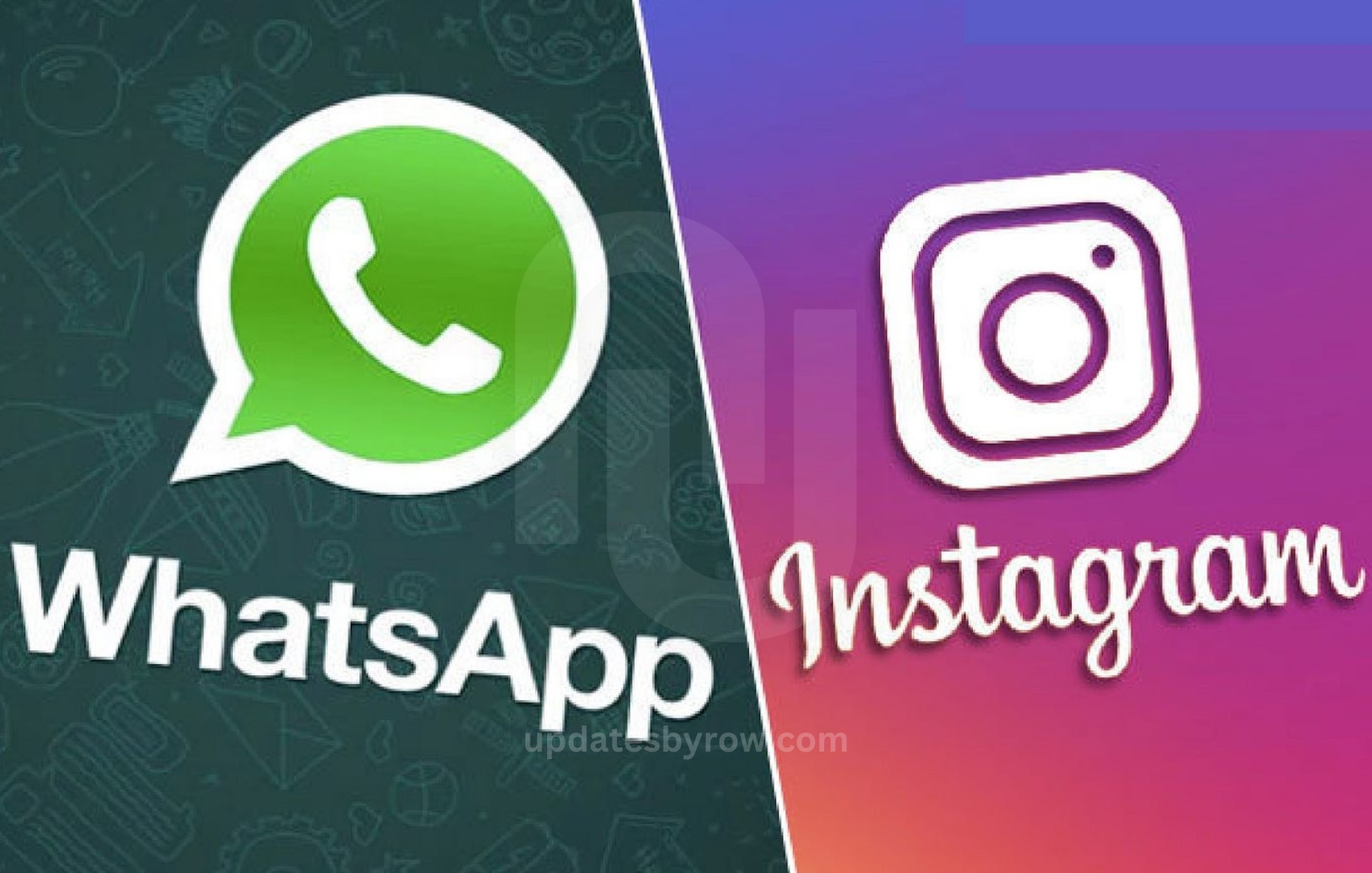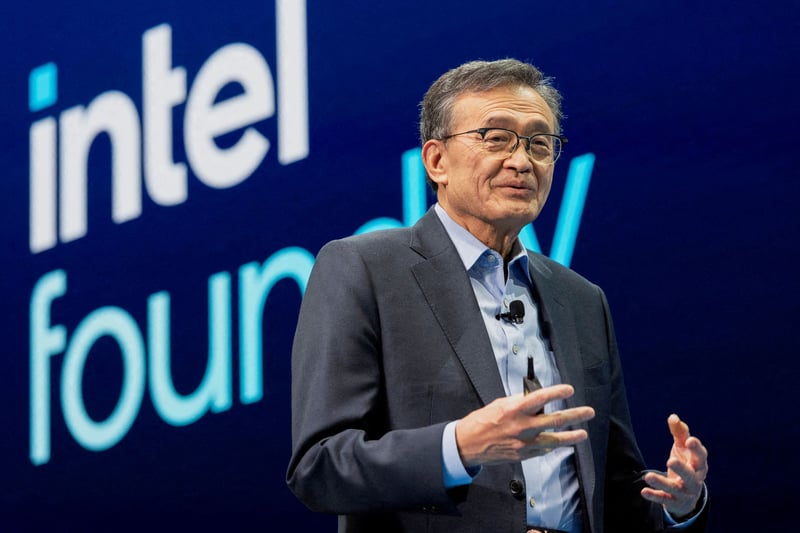Meta Faces Antitrust Trial Over Instagram and WhatsApp Acquisitions
WASHINGTON – Meta Platforms Inc., the parent company of Facebook, Instagram, and WhatsApp, has been taken to trial by the U.S. government over serious antitrust allegations. The Federal Trade Commission (FTC) claims that Meta used its market dominance to eliminate potential competition by acquiring Instagram in 2012 and WhatsApp in 2014.
Trial Begins in Washington Federal Court
- The long-awaited trial officially began on Monday in a Washington federal courtroom.
- Judge James Boasberg is overseeing the case. He is also handling another high-profile matter concerning White House immigration orders for Venezuelans.
FTC Seeks Potential Breakup of Meta
- The FTC alleges that Meta violated antitrust laws by acquiring emerging competitors instead of competing fairly.
- If the FTC wins, Meta may be forced to divest both Instagram and WhatsApp.
- These platforms, once small startups, have now grown into global social media giants under Meta’s ownership.
Zuckerberg’s Political Efforts and Legal Strategy
- Meta CEO Mark Zuckerberg had hoped that the return of Donald Trump to office might reduce regulatory pressure.
- Reports indicate Zuckerberg made several visits to the White House and donated to Trump’s inauguration fund.
- He also purchased a $23 million mansion in Washington, viewed as an effort to be closer to political power.
FTC Pushes Back Against Political Influence
- FTC Chair Andrew Ferguson dismissed any notion of political interference, saying, “I’d be very surprised if anything like that ever happened.”
- Experts believe a settlement at this late stage would be highly unusual and possibly controversial.
Key Argument: Market Monopoly
- Central to the case is whether Meta abused its market power by buying rivals instead of competing with them.
- An email from Zuckerberg cited by the FTC referred to Instagram as “really scary,” suggesting a motive to neutralize competition.
- The FTC also argues that WhatsApp was purchased to block its potential rise as a major platform.
Meta’s Defense: Investment and Innovation
- Meta argues that its investments turned both apps into global success stories.
- The company also claims it faces strong competition from TikTok, YouTube, iMessage, X (formerly Twitter), and others.
- Meta insists its apps remain free to users and are part of a highly competitive tech ecosystem.
Defining the Market: A Core Legal Battle
- A major point of contention is how the FTC defines Meta’s market.
- The FTC claims Meta dominates apps used to connect with friends and family, excluding platforms like TikTok and YouTube.
- Meta counters that all major digital platforms compete for users’ attention, weakening the FTC’s argument.
Broader Context: A Wave of Antitrust Actions
- The Meta case is one of five significant antitrust actions taken by the U.S. government against major tech companies.
- Google is currently involved in two separate cases and has already been found guilty of abusing search-market dominance.
- Apple and Amazon are also under scrutiny in ongoing investigations.
High-Stakes Testimonies Expected
- Mark Zuckerberg, former Meta COO Sheryl Sandberg, and numerous tech executives are expected to testify.
- The trial is anticipated to last a minimum of eight weeks, with wide implications for the future of Big Tech regulation.




